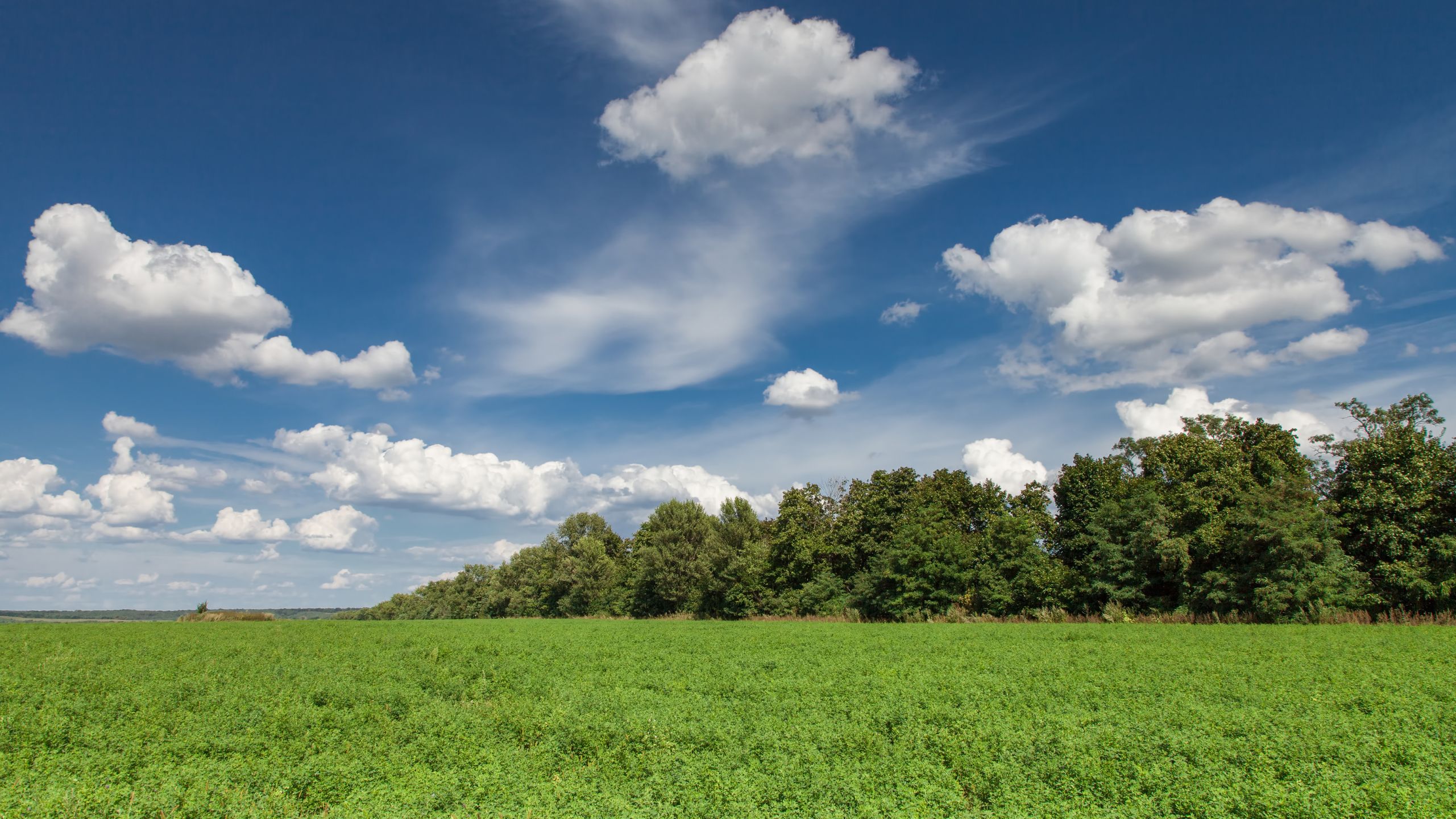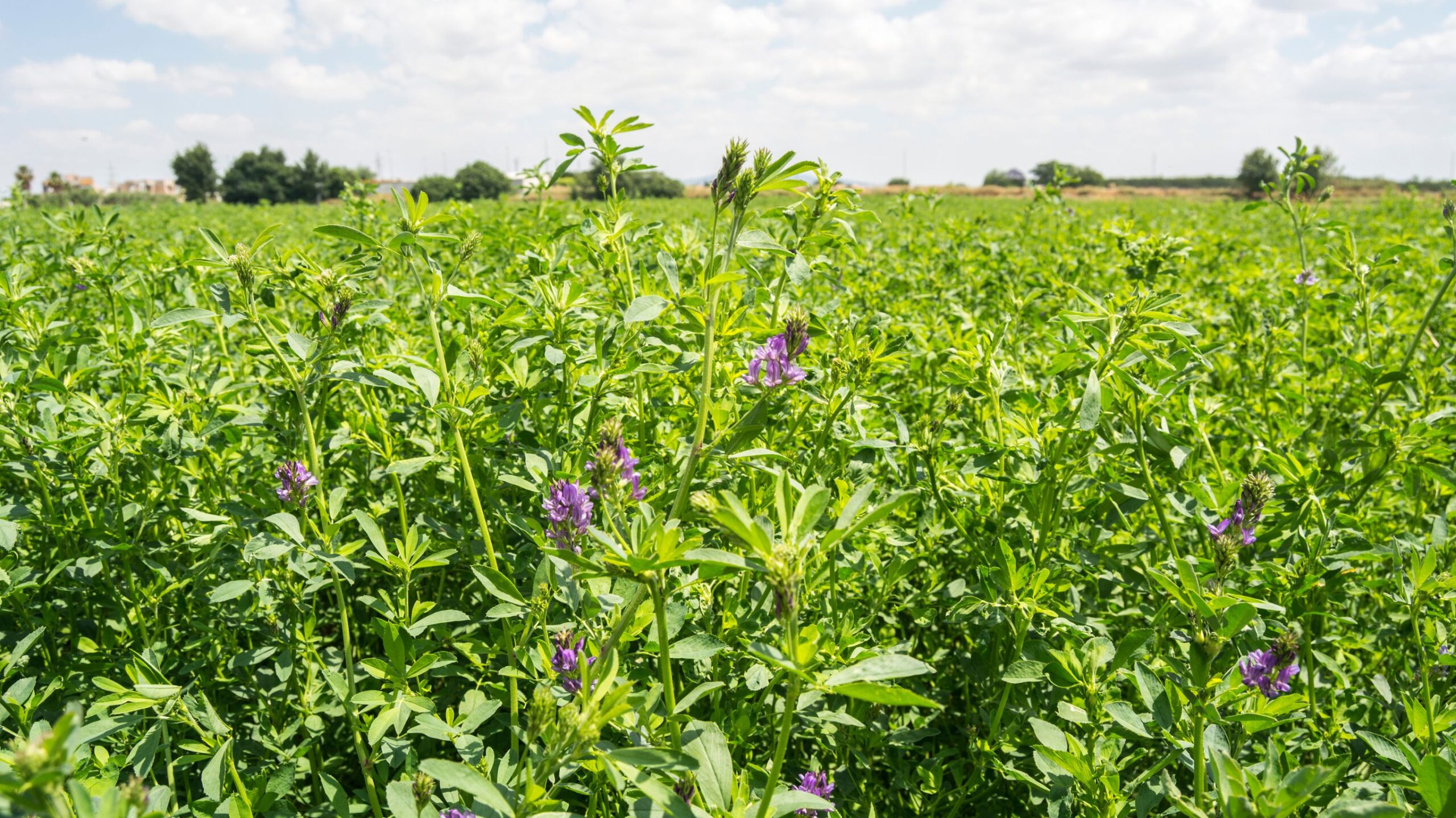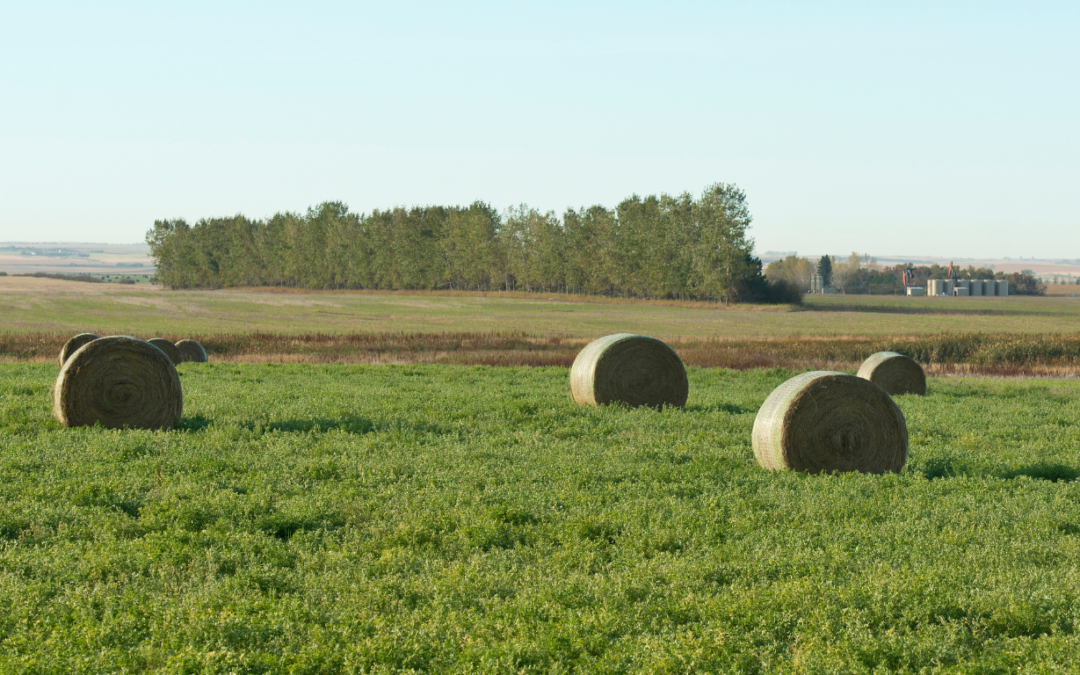Organics: a family tradition
“It was natural for us,” Allan Kettle said, reflecting on his decision to certify his family farm as organic. “We didn’t know there was any other way.”
Kettle’s father, who ran the family farm before Kettle, had never used synthetic fertilizers or sprays. Kettle continued his father’s practices, which were based in organic farming principles, when he took over the farm. It was only natural, then, for Kettle to pursue organic certification in the mid-1990s.
Although the organic farming movement began in the early 20th century, prior to the widespread availability of the Internet, information surrounding the rules, regulations, and certification process remained challenging to find. “We had trouble finding out how to get into [organic certification],” Kettle recalled.
Kettle, who is based in Alberta, eventually found a husband and wife team in Saskatchewan who helped jump-start his certification journey. “I was going to join [their organization],” he said, “when the lady said, ‘we know of a lady in Alberta that is the secretary of an organic [certification agency].”
Kettle would certify with the Alberta based organization the following year, and he has maintained his organic certification since.

Refining practices for continued success
Crop rotation plays a vital role in Kettle’s ability to consistently produce high quality organic crops. The farm’s main crops are alfalfa, cereal oats, and green manures, but Kettle also grows sweet clover, rye grass, turnip, and purple turnip.
Maintaining organic certification has meant that Kettle must consistently revisit how and what he grows on his farm, especially as genetically modified seeds—which are prohibited under organic certification standards—become ubiquitous and non-GMO seeds become more challenging to source.
“We used to grow sugar beet,” Kettle said, “but now we can’t find any that aren’t GMO, so now we substitute purple turnip.”
Staying current on organic regulations is also essential for Kettle. “Every year,” Kettle explained, “it seems like there are quite a few changes or differences. It’s almost maddening.”

The only constant is change
Many of the changes, Kettle noted, seem to be in how information is communicated between certification agencies and inspectors, and inspectors and farmers.
“Of course you get different inspectors, and they ask different things, and that’s part of the [renewal process],” Kettle said. Some inspectors, he said, would focus on one area of his operation while the next year, and inspector might focus on a completely different area of his operation. It’s all part of the process, though, Kettle maintained.
Although Kettle has always operated his farm organically, he has taken over land that was once conventionally farmed and has had to go through the transition process. His advice to others, based on his own experiences, is simple.
“Make sure you understand everything,” Kettle said. “Read, and reread. Read every article.”
He also noted that it’s important to pursue organic agriculture for the right reasons. Transitioning a conventional operation to an organic operation takes time, effort, and a fair amount of persistence.
“If you’re [transitioning] for money, back up and choose another option,” Kettle said. “People hear about the prices that people get and think ‘Oh, I gotta do that,’ but like I say, if you don’t truly believe in it don’t bother doing it.”
Are you a farmer, rancher, or processor who has transitioned to organic with OCIA International?
This post is part of a series featuring OCIA International certified organic operators from Canada, Mexico, Nicaragua, Peru, and the United States. Are you an OCIA operator interested in being featured? E-mail us at info@ocia.org for more information.
Every operator’s path to organic is different. Read more from our “Operator Spotlight” series to learn about the different paths to organic certification.
- Bessette Creek Farm: Through traditional organic farming methods like the use of cover crops and crop rotation, Bessette Creek Farm improved the quality of their soil, reduced their water usage, and now better retains moisture in their soil even during the driest months of the year.
- Askegaard Organic Farm: For Mark and his family, transitioning their conventional family farm to an organic farm just made sense. Organic practices–focused on creating sustainable environments and providing consumers with transparency–aligned with their values.
- Ryan Albinger and Parallel Production: He initially transitioned his entire operation to organic. However, as Ryan Albinger’s farm grew, he decided to use parallel organic and conventional production methods. Albinger argues such an approach offers economic and social benefits.
Learn more about organic agriculture, certification, and OCIA International.
- Should you transition to Organic?: The decision to transition a conventional operation to organic is deeply personal. Organic certification requires resources, like time and money, and perseverance in the face of the challenges that you will inevitably encounter along the way. Is transitioning to organic the right step for your operation?
- Organic Certification Process: All operators seeking initial organic certification must complete a similar six step process regardless of which certification agency they partner with. The certification process can feel intimidating at first, but knowing what to expect can help alleviate much of the stress you might initially feel.
- Organic System Plan: Everyone seeking organic certification–whether applying for the first time or the seventeenth time–must submit an updated Organic System Plan (OSP). But what is an OSP? And more importantly, how will it help you beyond certification?
- Healthy Soil: Cultivating healthy soil requires establishing ecological balance and increasing biological diversity. But how can you establish healthy soil on your farm?
- Why Certify with OCIA?: Choosing an organic certification agency is one of the most important points in an operator’s certification process. Let us tell you why OCIA is the right choice for you.

